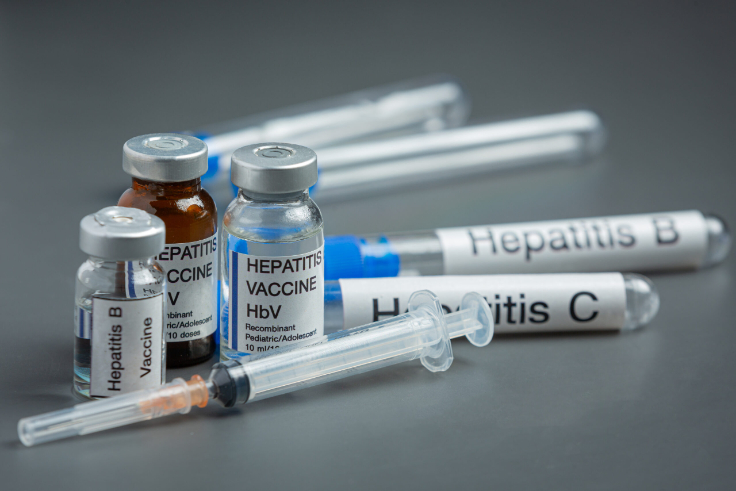
The Federal Government on Tuesday revealed that Nigeria loses between N13.3tn and N17.9tn yearly due to hepatitis with over 4,252 recorded death cases from liver cancer caused by untreated hepatitis.
Prof Pate Muhammad, the Coordinating Minister of Health and Social Welfare, said this at a press briefing in commemoration of World Hepatitis Day, themed “Hepatitis: Let’s break it down.”
The World Health Organisation, defined hepatitis as an inflammation of the liver that is caused by a variety of infectious and non-infectious agents, leading to a range of health problems, including severe liver damage and cancer, some of which can be fatal. Five main strains of the hepatitis virus, referred to as types includes; A, B, C, D, and E.
Pate, who was represented by the Director of Public Health at the ministry, Dr Godwin Ntadom, stated that Nigeria had the third-highest burden of hepatitis globally, with over 20 million people infected with hepatitis.
According to him, “The nation faces an overwhelming burden, with over 20 million people living with Hepatitis B and C: 18.2 million affected by Hepatitis B, and 2.5 million by Hepatitis C.
“Over 8.1 per cent of the Nigerian population is infected with Hepatitis B, and despite the availability of vaccination and treatment, over 90 per cent of those infected are undiagnosed and unknowingly transmit the virus to others, including children.
“Symptoms are often misdiagnosed as malaria. Conditions such as fever, fatigue, and malaise are typically treated with self-medication, while the virus silently damages the liver and may progress to liver failure or cancer. Tragically, 4,252 Nigerians die each year from liver cancer caused by untreated hepatitis.
“The socioeconomic cost of this epidemic is staggering; Nigeria loses between N13.3tn and N17.9tn annually in direct and indirect costs,” he said.
Following the alarming death ratio, the Federal Government said it was flagging off a nationwide, initiative tagged Project 365, a treatment campaign aimed at eliminating Hepatitis C and interrupting the transmission of Hepatitis B in Nigeria by 2030.
Further measures announced by the government included increased budgetary support for hepatitis programmes, creation of a viral elimination fund, tax incentives, and regulatory reforms to encourage local pharmaceutical production, and legislative backing for expanded access to diagnostics and treatment across all geopolitical zones; and regulatory reforms to streamline approval processes for hepatitis-related commodities.
In a goodwill message, the National Coordinator of the Africa CDC, Dr Oluyinka Olayemi, reaffirmed the centre’s solidarity with Nigeria and praised the country’s commitment to driving impactful health interventions.
The Presidential Ambassador on viral hepatitis control/elimination in Nigeria, Gen Yakubu Gowon, commended the efforts of the ministry, the WHO, healthcare workers, organisations, stakeholders, partners, and individuals dedicated to fighting hepatitis in the country.
Gowon, represented by Adeyeye Ajayi, said the country could overcome the barriers of stigma, misinformation, and limited access to testing and treatment of hepatitis.
The National Coordinator of the National AIDS and STDs Control Programme, Dr Adebobola Bashorun, said Project 365 focused on testing, treatment, and vaccination in all communities and constituencies, in partnership with the National Assembly.
He advised preventive measures including abstinence, fidelity, and condom use.
“You have to be faithful, and of course, do use a condom when you need to have sexual relations with anybody, because the mode of transmission of Hepatitis B and C is very closely related and linked to other blood-borne diseases, such as HIV. So the approach is to ensure that you prevent transmission.
“For those who are infected, there is a curable treatment for hepatitis C. But for Hepatitis B, there is no treatment, but there are drugs that can moderate the rapidity of the development of chronic Hepatitis B infection in an individual after a full test has been done to determine whether it is an ongoing infection or a long-term chronic infection,” he added.







